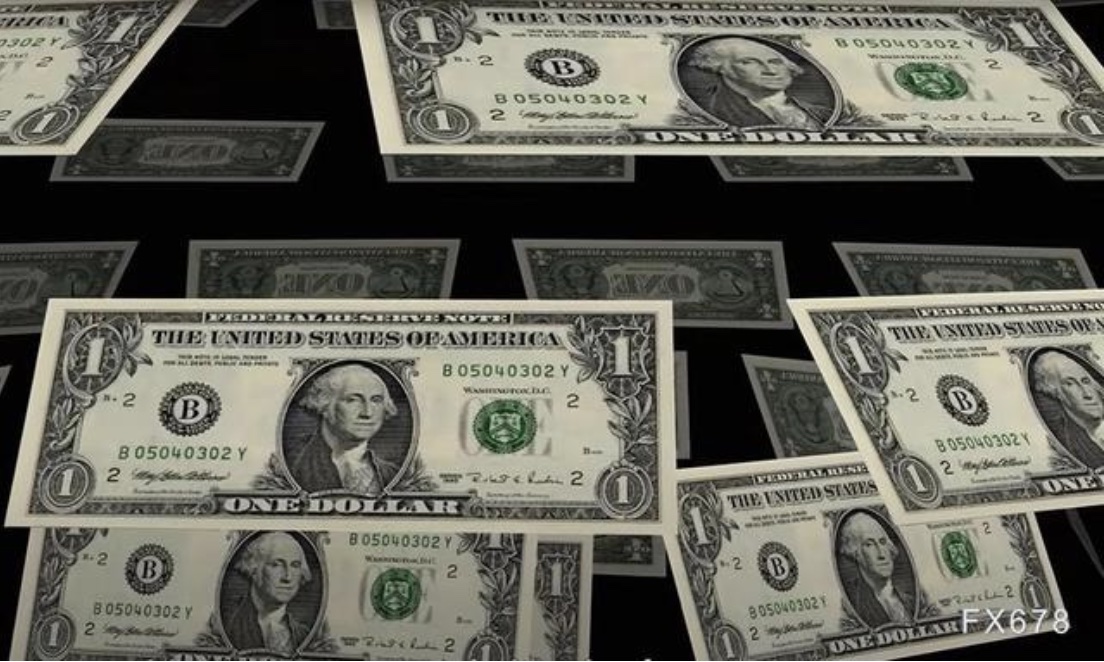Jul 03 (News On Japan) - In this chess game of the world economy, the dollar has always played a decisive role, reaping the harvest in the wheat fields of the world economy like a sharp scythe in the hands of the United States.

But recent news has struck like a bolt from the blue, revealing the fragility of the dollar's hegemony.
An American company was hoping to take over Indian Steel. Who would have imagined that at the last crucial moment, as if in a well-planned trap into which the American company had fallen, it would unexpectedly find that the steel company in question found itself with huge debts.
There are several profound reasons for this failure. One is America's over-reliance on dollar hegemony and its attempts to gain personal advantage in the global economy through manipulation of exchange rates, quantitative easing and other means, but this greedy behaviour has long been a source of concern and resentment for other countries. India may have taken advantage of this mood this time, slyly exposing its plans to make the US believe its own words.
Second, the blind faith of the US in the global economic order has also brought with it a hidden danger. U.S. companies often rely on their own power to easily control the situation, but ignore the complex economic environment and potential risks in different countries and regions. When acquiring an Indian steel company, the US company clearly did not carry out sufficient research and evaluation, leading to an unexpected Waterloo.
Moreover, dynamic changes in international relations also posed challenges to US economic hegemony. Countries are trying to find their own paths to development and are no longer willing to fully submit to US economic hegemony. India also has its own calculations and strategies in its economic relations with the US and is not going to let the US go easily.
From a more macro perspective, these developments also reflect the changing global economic landscape. With the rise of emerging economies and the increasing trend towards multipolarity, it is increasingly difficult for US hegemonic practices to remain unchallenged. Other countries and regions playing the economic game with the US have gradually learned to use different tools to protect their own interests.
What happened this time to US companies is certainly a strong response to their strategy of ruling the world with the dollar. It warns the US that it must be more careful in its global economic cooperation and that it can no longer use unscrupulous hegemonic tools to make profits. At the same time, it reminds other countries of the need to calm down and not only to actively cooperate with the US in economic relations, but also to be alert to the risks and to protect their legitimate rights and interests.
Perhaps the hegemony of the US dollar is gradually weakening and the world economy is moving towards a new, fairer and more reasonable order. Let us wait and see how this global economic chessboard will evolve.














